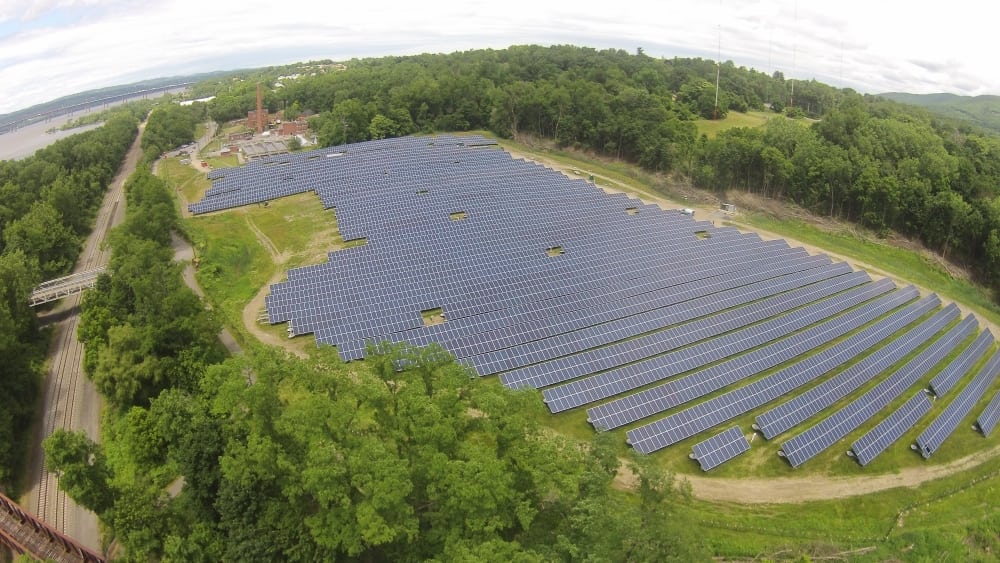Ten years in making, Beacon racks up Climate Smart points
By Jeff Simms
Ten years after registering for the state’s Climate Smart Communities program, Beacon is inching toward certification, a milestone that could open up significant funding opportunities for future city projects.
The Climate Smart initiative was created by the state in 2009 to guide municipalities as they build resilience to floods and other effects of climate change through infrastructure upgrades, public education and planning. Of more than 1,000 municipalities in New York, only about a fourth (246) have signed on. The bulk of them, like Beacon, have stalled there. (Philipstown added its name to the list in 2017 and Nelsonville in November, but no other municipality in Putnam County, including Cold Spring, has yet joined.)
“Beacon would greatly benefit from a point person — someone dedicated to submitting all of the information to the state, because it’s time-consuming,” said Danielle Salisbury, an environment and energy resource educator with the Dutchess County office of Cornell Cooperative Extension. “This can often be a hurdle to the communities in the program because they may not have the budget.”
The state Department of Environmental Conservation dangles grant funding as an incentive for communities to make progress, which involves completing climate-smart “actions” to earn points toward certification. So far, 19 municipalities have achieved the program’s bronze certification, but none in Dutchess County. Four others are certified silver (Ulster County, Tompkins County, Kingston and Dobbs Ferry). The gold standard is still being developed.

The more points the municipality earns, the better shot it has at funding. Last year, the state made almost $9 million available through Climate Smart Communties grants.
Those grants, Salisbury said, “are open to any municipality, but if you’re registered as a Climate Smart Community you rank a little higher, and if you’re certified you rank even higher.”
The DEC awarded Philipstown two grants in December worth nearly $17,000 as part of a package supporting municipalities around the state on climate-change adaptation projects. One grant will help Philipstown complete several actions, including resiliency planning, as it works toward certification, while the second grant will pay for an inventory of greenhouse gas emissions that the town can use to set emission reduction targets as part of its climate action plan.
Although Beacon has been in the program much longer, a report just completed for the city shows it has quietly racked up points in recent years through efforts such as the newly opened solar energy farm at the city’s old landfill site, its conversion to all-LED street lighting, its energy-efficient Highway Garage facility and the growing Fishkill Creek Greenway and Heritage Trail. Last year’s water availability study and Beacon’s comprehensive plan, which leaves much of the waterfront undeveloped, also received high marks.
Next up, the city plans to outfit a new building inspector with an electric or hybrid vehicle, Mayor Randy Casale said.
“When you look at the list, we’ve done so much,” said Beacon City Council Member Amber Grant. “It’s just a matter of getting it documented and getting credit. We’re well within reach of that first level of certification.”
Two tasks still on the city’s list are completing its Natural Resources Inventory and hiring a climate coordinator. The inventory will include maps cataloging the city’s environmental, historical and cultural resources and should be completed next month, said Brian DiFeo, the chair of Beacon’s all-volunteer Conservation Advisory Committee. When finished, the inventory could serve as a blueprint for an Open Space Index, a planning tool which would earn the city more points.
The City Council has also discussed hiring a part-time coordinator, a position that Grant said she hopes would “expand to become a little more of a sustainability coordinator,” with a hand in recycling and other environmental initiatives outside of the state program.

